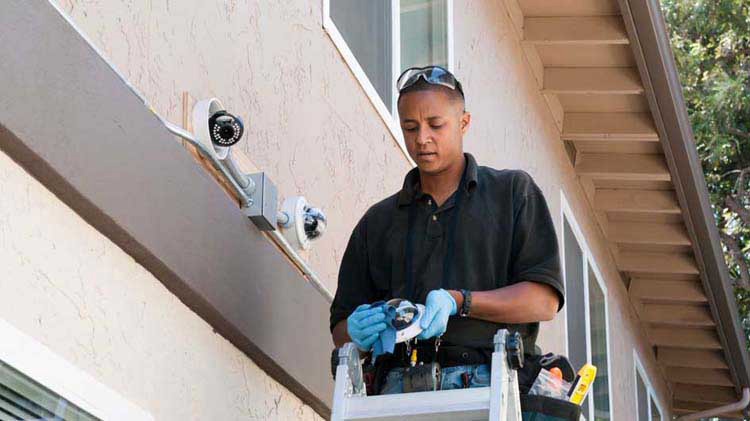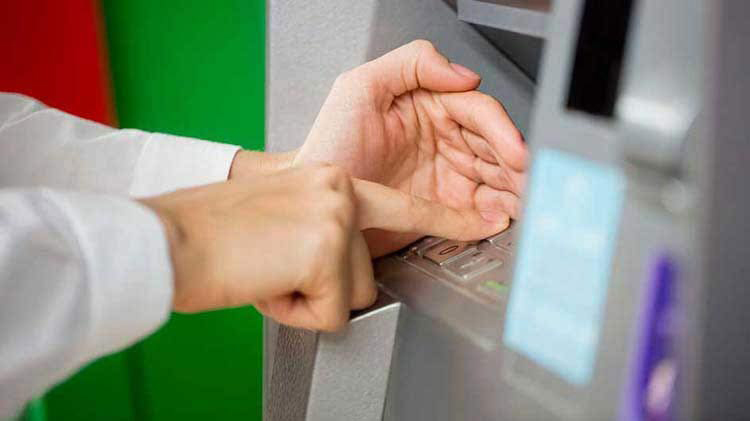Security and cyber security for small businesses
From physical storefronts to home enterprises, it's important to put safety guardrails in place to protect your small business data and physical assets.
Large companies often have whole departments dedicated to maintaining both physical security and cyber security. But small business cyber security? That might be just one more thing that the owner has to do — arranging alarms and cameras to guard against theft and purchasing software that helps to guard data, for example.
Especially when it comes to cyber security, breaches for solo enterprises or small companies can have disastrous effects. According to findings from the Hiscox Cyber Readiness Report, the average annual financial cost to American small businesses is more than $25k due to cyber breach incidents.
Whether you're running a coffee shop or working as an independent consultant, a small business security and cyber security plan can be tailored to protect your — and your customers' — information and assets. Consider these security tips to help keep your business safe for years to come.
Start with the basics
Any network for business use, be it at home or in a physical location, should require a strong password and authentication to deter data breaches. To help protect your physical assets, consider a security monitoring system. There are various installation options either by a company or with cameras and monitors you install yourself.
Boost card reader safety
Whether you're using a traditional credit card machine or a mobile reader, securing credit card data is essential to protect customer information. Maintain up-to-date software; those fixes often address security flaws. And if you haven't already transitioned to an EMV-compliant device for reading chip cards, consider doing so for an added layer of protection. Some customers are also leaving their cash and wallets at home — they are using smartphones for retail purchases with a built-in mobile wallet.
Understand how cyber thieves work
Cyber thieves and traditional thieves prey on small business owners in the same way: they pay attention and capture details they can use to their advantage. They may try unsolicited phone calls, phishing emails and physical misdirection. Be aware of their methods and invest in software-protection services, too.
Reassess your small business cyber security
As your business changes, your security and cyber security needs will change, too. Set a time on your work calendar — either every six months or yearly, for example — to re-evaluate your assets and any threats to data.




